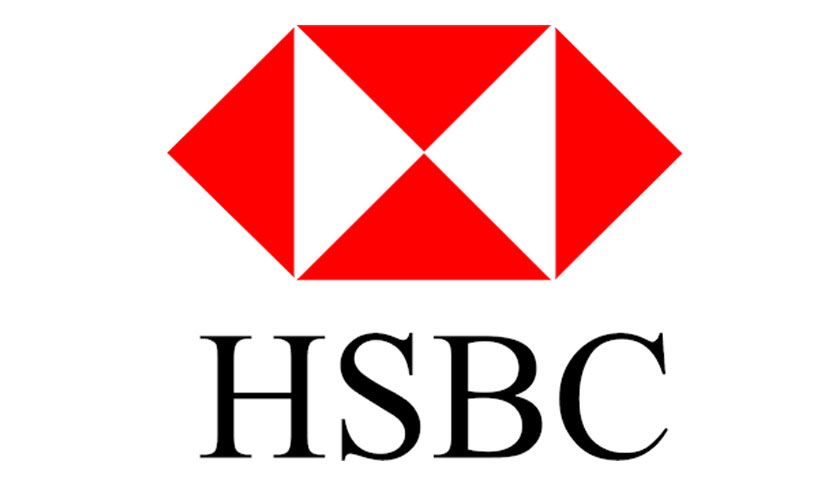HSBC UK has launched a scheme to provide bank accounts for victims of human trafficking and modern slavery as they work to rebuild their lives after the trauma of trafficking, forced labour, sexual exploitation or domestic servitude.
HSBC UK is working closely with a number of charities, including the Salvation Army, Kalayaan and Migrant Help, to provide Basic Bank Accounts to survivors via a tailored application process that is aligned to the National Referral Mechanism, the UK Government framework for identifying and referring potential victims and ensuring they receive appropriate support.
In the UK 6,993 people were referred to British authorities as potential victims of trafficking in 2018. This is up from 5,142 in 2017, according to figures from the National Crime Agency, and 3,804 in 2016.
Victims of trafficking typically find themselves working for little or no money, often housed in unsuitable accommodation, with their lives controlled by organised crime gangs. For those who escape, the future can still be bleak, as they lack basic necessities and may not even have any formal identity such as a passport.
In the UK support is provided by a number of charities and bodies working with national and local government. This includes the provision of safe accommodation, health services and practical and financial assistance.
For victims who want to rebuild their lives in the UK, getting a job, finding somewhere permanent to live and opening a bank account is critical. However, many cannot meet the requirements they need to open an account, such as a valid proof of address.
A bank account provides one element of support that victims may need to avoid ending up back in the hands of the traffickers.
Services for survivors of human trafficking were piloted in HSBC UK branches in Nottingham and Glasgow between June 2018 and March 2019 during which charity partners introduced survivors to specially trained bank staff to work through the process of opening an account. Twenty-four people were helped to open an account during the pilots.
HSBC UK has now rolled out the initiative to another 18 branches in areas of high potential need, including Bishopsgate (London), Birmingham and Manchester.
|
Case study: |
Rita Gava, Director of Kalayaan, comments: “Many basic services such as having a bank account are often denied to victims of modern slavery on the grounds they cannot provide certain documents. The victims Kalayaan supports often have their passport confiscated by their trafficker and cannot provide proof of their address if they are staying in a safe house.
“Kalayaan has accompanied several of our clients to banks along the high street but has always been turned away. The impact this can have on victims can be hugely damaging to their recovery and can often result in victims giving any money they may have to friends or acquaintances, taking away control over the financial affairs.
“HSBC UK has led the way in understanding the issues faced by victims of modern slavery. Michael can now start to move forward with his life and use the compensation he has been awarded to access English classes and further education. He has also been able to start supporting his family.”
Minister for Crime, Safeguarding and Vulnerability Victoria Atkins said: “We are absolutely committed to stamping out modern slavery and supporting victims as they rebuild their lives.
“Financial independence is a vital part of this rebuilding process and HSBC’s services for survivors will prove invaluable to those who don’t currently have the credentials to set up their own bank accounts.”
Stuart Haire, Head of HSBC UK’s Retail Bank, said: “It is a tragedy that people who have escaped their traffickers can face such a struggle to rebuild their lives. I am pleased that HSBC UK has been able to take such a careful, considered approach to assist charities in providing the support that victims need. We are a small but important piece in the jigsaw.”
* Michael is not his real name



